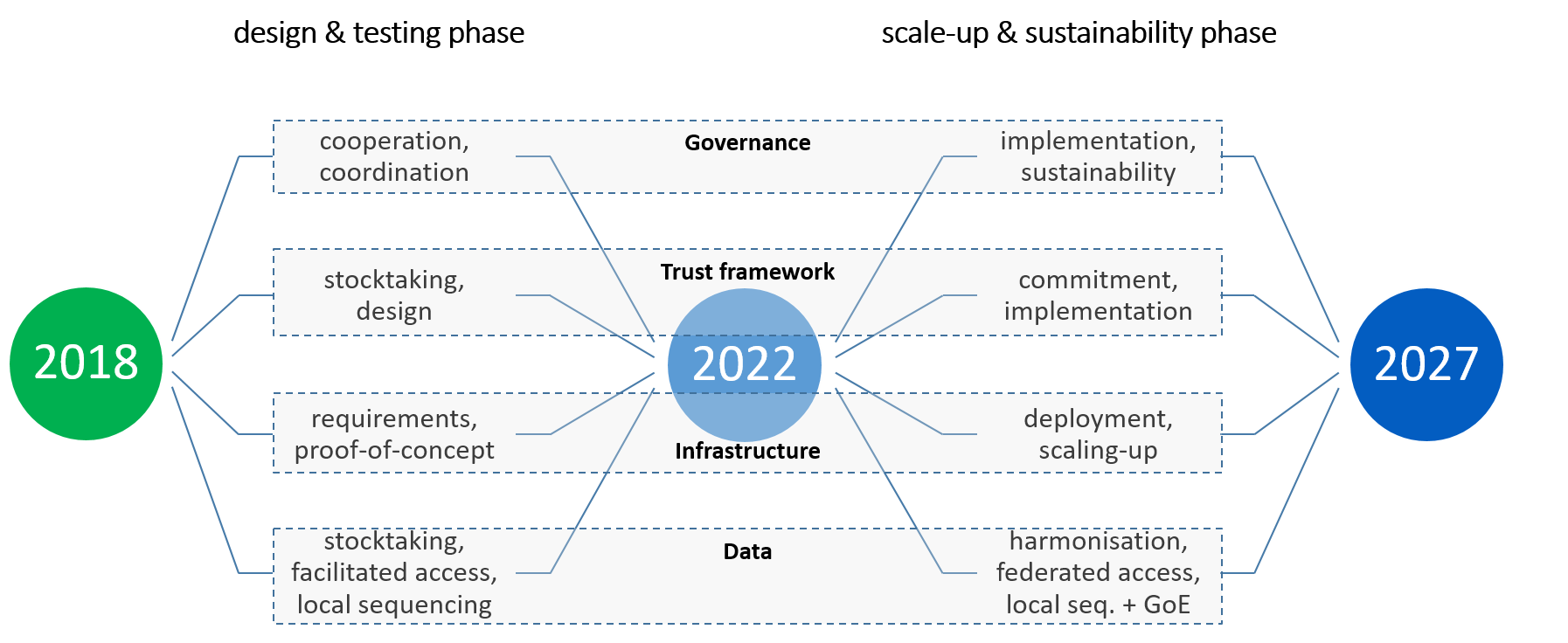To increase the efficiency of health care systems, The UK Government is embarking on drones to transport medical supplies and samples to and from remote areas after establishing a framework governing these operations. These aircraft can achieve their economic and environmental benefits without disrupting the existing air transport system.
More than two billion people in the world lack access to pharmaceutical products and essential medical supplies such as blood bags or vaccines. This is due to poor or absent infrastructure, rugged terrain or other reasons. But what many don't know is that the delivery of medical supplies can be a challenge even in countries with more advanced health sectors.
In the UK, Rural and remote populations may have difficulties accessing health care, Where most hospitals, medical centers and qualified doctors are concentrated in crowded cities, leaving non-urban areas in a shortage of competencies, Its inhabitants are forced to travel long distances for treatment, especially in cases of chronic and malignant diseases, For which owners often need short-lived therapeutic doses.
For example Myeloid leukemia patients need to receive injections under the skin over a week. Every 28 days, These injections involve a drug made exclusively by laboratory specialists. For people from remote areas, It takes a daily trip that takes hours or huge sums of money to stay in a hotel close to the hospital that is able to provide treatment. Cases like these have led the UK government to turn the attention of the UK government to alternative solutions such as drones.
Following the advent of drone technology, Initially commonly used for military purposes, It soon began to spread further to be used for the delivery of goods, surveillance and reconnaissance and the transport of medicines. The United Kingdom has had several experiments in this regard after its government commissioned the Health Service to develop the air transport system for medical supplies.
In Scotland, GACA collaborated with Airports and Air Traffic Control Management and academic partners to launch a new project, With £10.1m in funding, Presented by the Future Aviation Innovation Challenge UK, a government initiative led by the UK's National Innovation Authority that brings together partners from across sectors to support future aviation technologies.
Collaborators built on a proof-of-concept experiment conducted in 2020, It focused on COVID-19 related logistics such as personal protective equipment, testing and essential medicines. The experiment lasted for 3 months, Sky Ports Air Transport has provided drones that can carry up to 30 kilograms for more than 50 kilometers. Having received the approval of the Civil Aviation Authority, To be the first operator authorized to transport samples using this technology.
off mainland England, for example, The drones will transport medical supplies to an island of 142,000 people in 10 minutes. Instead of ferry trips that used to require half an hour and consume a lot of fuel.
In 2023, The experience, called "Journeys Beyond Sight", will kick off. Drones will transport medical equipment, samples and medicines between multiple health facilities in Angus and Dodi counties. Following the development of the necessary infrastructure, including airstrips built by the government across Scotland and linked to a fourth-generation network, satellite communications and ground control station that will continue to follow aircraft flights according to predetermined routes, In line with the government system that allows drones and unmanned vehicles to operate together safely within the same airspace.
It is worth noting that the British government is looking to diversify the use of drones, and its adoption for the irrigation of crops, and the delivery of various supplies to remote areas, Conduct periodic inspections of buildings, power grids, roads and railways. The government has shared its plans to develop this sector by 2030 in a way that will benefit the economy, society and the environment. It creates 650,000 jobs, It contributes more than $50 billion to the country's economy. It will establish what it called the largest "drone highway," It will extend for about 265 kilometers to connect towns and cities in the south and center of the country.
As much as the benefits of the idea, Taking it as the basis for healthcare supply chains will face many challenges, The first of these is the cost, This is the consensus of empirical studies that have proposed approaching this challenge through cooperation between governments, humanitarian organizations, donors and developers of these revolutionary devices.
These drones may also face the risk of accidents and interference and their use for harmful or even terrorist purposes. In addition to noise, invasion of privacy and the collection of individuals' data without their knowledge or consent, Or collision with conventional aircraft.
On the other side, It is hoped that the drones will contribute to improving the performance of the national health system and reducing delivery times from 4 hours to half an hour. Find a way to connect hospitals and laboratories with patients wherever they are, Provide them with better health care and shorten the waiting time.
This technology will also achieve an environmental and economic impact, It will reduce the use of conventional vehicles and the need to transport inspection officials and emergency workers, This means cutting 1.7 million cars and reducing the carbon footprint by 2.4 million tonnes.
If this technology is adequately supported and funded, They will improve access to health care in remote and disadvantaged communities around the world.
References:
https://www.weforum.org/agenda/2022/08/drones-superhighway-economy-technology/
https://www.weforum.org/agenda/2020/05/delivery-drone-medical-supplies-britains-isle-of-wight/
https://www.angus.gov.uk/news/nhs_drone_delivery_service_trials_begin_in_angus
https://www.taycities.co.uk/scotlands-first-drone-port-begin-working-nhs






